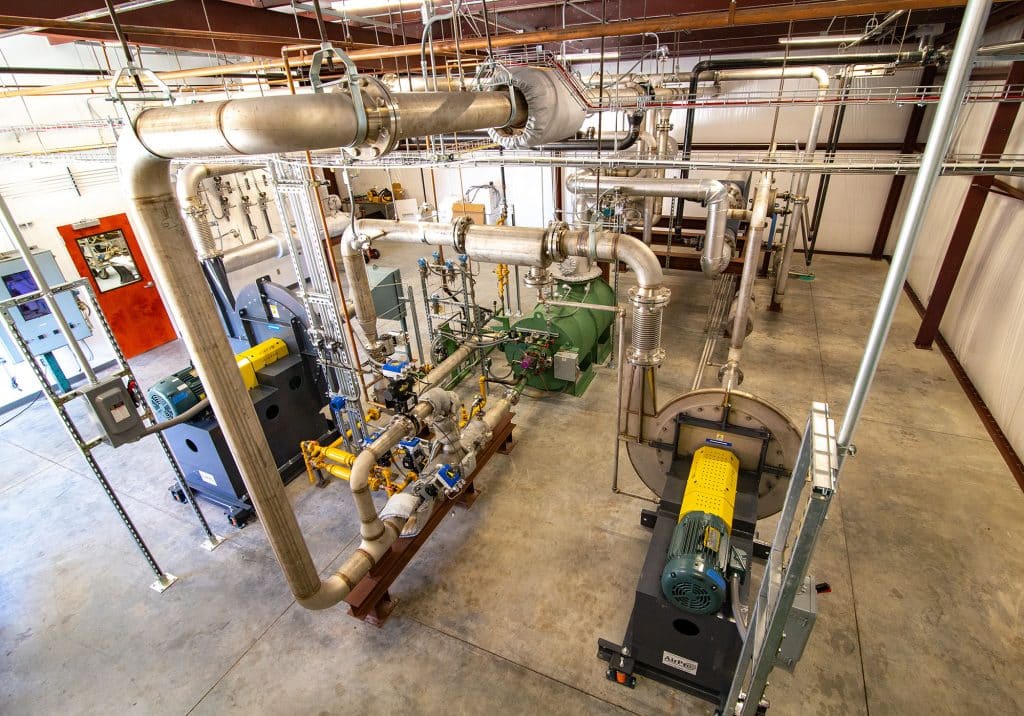
SCR reaction is temperature dependent. SCR catalyst performance testing is done across a range of temperatures and ammonia flows to simulate actual plant operating conditions. In addition, temperature ranges are selected based on the facility’s unique operating profile. This protocol allows our engineers to make the most accurate projection of the remaining catalyst. Innovative Combustion Technologies will maximize the life of your SCR catalysts. Furthermore, we will minimize the plant lifecycle operating costs associated with SCR systems through a proactive SCR catalyst testing plan.
Baseline testing of SCR catalysts provides an important benchmark for planning future catalyst management activities. Establishing an SCR catalyst baseline activity before performing regular catalyst sampling (every 6-12 months) is vital for planning future catalyst management activities as baseline testing provides an important benchmark and allows the most accurate tracking of catalyst deactivation.
Through the analyses of chemical and physical samples, we are able to track contaminant levels, deactivation rates, and evaluate potential catalyst deactivation mechanisms as the catalyst ages. Typically, catalyst deactivates due to poisoning by fly ash species (i.e. arsenic, phosphorous, alkali metals), fouling/blinding of the catalyst pore structure by larger fly ash particles, and thermal damage.
